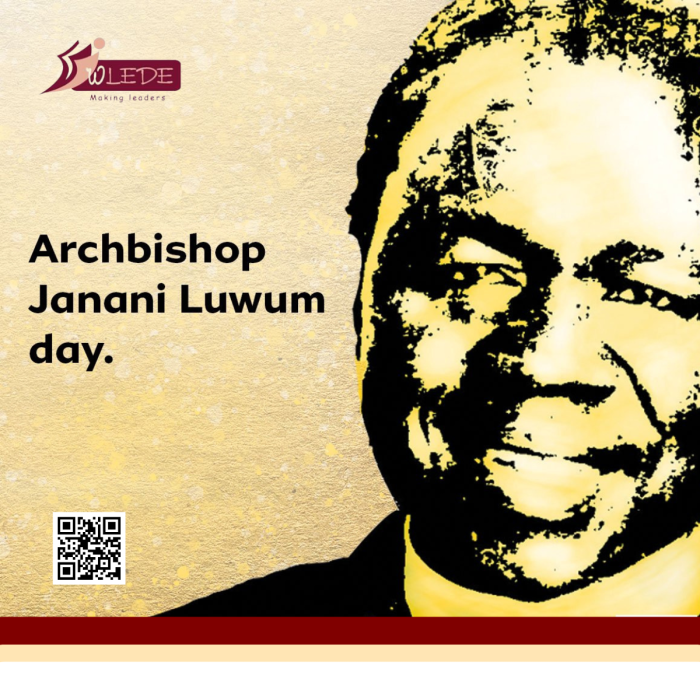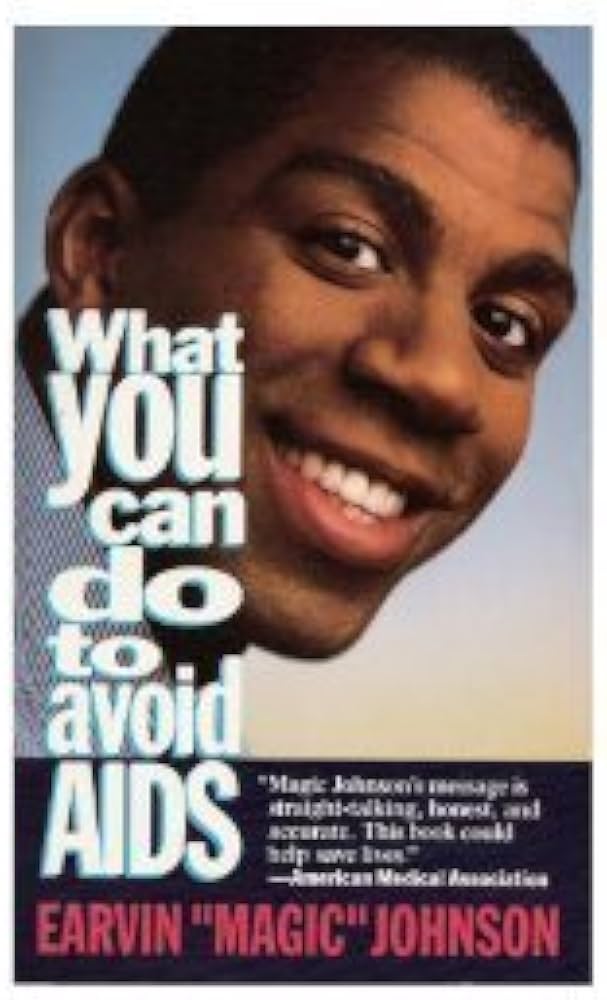
As we mark 30 years since the landmark Beijing Declaration, it is crucial to reflect on the progress made and the challenges that persist in advancing gender equality, particularly in Uganda and across Africa. At WLEDE, we acknowledge that while significant strides have been made in women’s economic participation, political engagement, and leadership, deeper systemic transformations are still needed to achieve true gender equity.
Women’s Economic Participation in Africa: Gains and Gaps
African women continue to break barriers in various economic sectors, yet structural challenges hinder their full potential. In Uganda, women make up 51.2% of the population and own nearly 40% of businesses. However, many of these enterprises remain at the micro-level due to limited access to capital, markets, and policy influence. Programs like the Uganda Women Entrepreneurship Programme (UWEP) and the Youth Livelihood Programme (YLP) have provided some relief. Still, WLEDE stresses the need for these initiatives to be both accessible and truly impactful in transforming women’s economic realities.
Female entrepreneurs like Nandudu Meridah of Bayaaya Specialty Coffee and Nakayenze Sandra Kibooli of Kalaa Mugosi are redefining Uganda’s coffee industry. Their work in financial literacy and agronomic training extends beyond business—it is about shifting power dynamics in rural economies. However, disparities persist. Women remain less likely than men to secure full-time employment (38% vs. 49%) or own key economic assets such as land and motor vehicles. At WLEDE, we advocate for policies that integrate women into public procurement, strengthen land rights, and ensure tailored financial support for women-led enterprises.
Beijing+30: Renewing the Fight for Gender Justice
Beijing+30 is more than just an anniversary—it is a call to action. While Uganda has made legislative commitments to gender equality, including laws against gender-based violence (GBV), enforcement remains weak. The rise in sexual violence cases in conflict areas—up by 50% since 2022—highlights the urgent need for collective action.
WLEDE collaborates with partners like UN Women and the Embassy of the Netherlands to advocate for a multi-sectoral approach to ending GBV. This includes survivor-centered legal frameworks, engaging male allies, and amplifying grassroots voices to shape policies that reflect women’s lived realities. As we push for the full implementation of Uganda’s National GBV Policy, we stress that real change happens when women’s safety moves beyond rhetoric to actionable commitments.
Sexual and Reproductive Health Rights: A Critical Frontline
The fight for gender equality is incomplete without ensuring access to sexual and reproductive health rights (SRHR). In Uganda, cultural stigmas and inadequate healthcare infrastructure continue to limit women’s reproductive autonomy. WLEDE is committed to championing women’s right to comprehensive SRHR services and advocating for policy shifts that eliminate barriers to contraceptives, maternal healthcare, and safe abortion services where legally permissible.
Ending Harmful Practices: The Fight Against Female Genital Mutilation (FGM)
Despite legal prohibitions, female genital mutilation (FGM) continues to affect millions of African girls. Reports indicate that 12,000 girls are at risk of undergoing FGM daily. WLEDE works with grassroots organizations to enhance community engagement and education, ensuring that cultural norms evolve to protect rather than harm young girls. Through sustained advocacy and alternative rites of passage programs, we strive for a future where no girl has to endure such violence in the name of tradition.
Women and Climate Leadership: A Rising Force
Women are at the forefront of climate action in Africa, yet their contributions remain underrepresented in decision-making spaces. The Accelerating African Women’s Leadership in Climate Action Fellowship and figures like Vanessa Nakate are reshaping the climate justice narrative. WLEDE actively supports initiatives that position women as key players in environmental conservation, resilience-building, and sustainable agriculture. By integrating gender perspectives into climate policies, we ensure that solutions address the disproportionate impact of climate change on women.
Conclusion: Beijing+30 as a Call to Action
As we look ahead, Beijing+30 must serve as more than a milestone—it must be a catalyst for renewed commitment. WLEDE remains steadfast in its mission to dismantle barriers, empower women, and drive sustainable, gender-transformative policies. We call on governments, civil society, and the private sector to move beyond pledges and invest in real, measurable change for women and girls across Uganda and the continent. The future we envision is one where every woman’s potential is realized—not as a privilege, but as a fundamental right.
![Women Leadership Development [WLEDE]](https://wlede.org/wp-content/themes/kipya/images/logo-WLEDE.png
)





